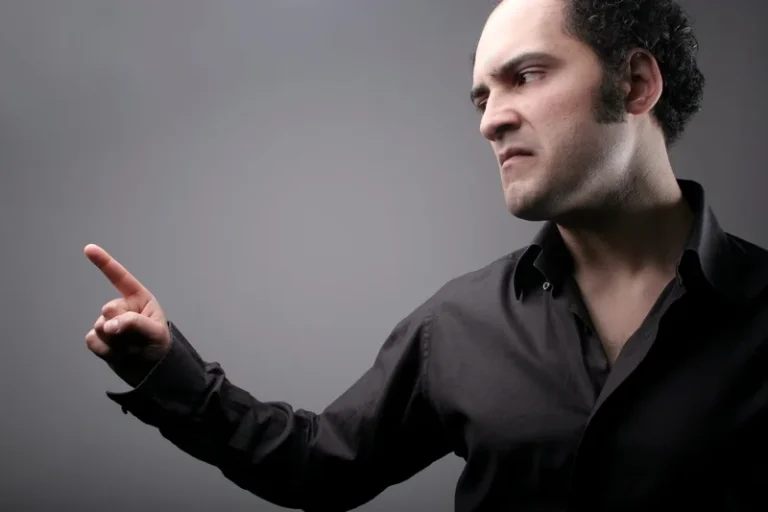Alcohol withdrawal symptoms range from mild but annoying to severe and life-threatening. When that person cuts out alcohol, there is a period when their brain hasn’t yet received the message and still overproduces the stimulating chemicals. With alcohol out of the equation, though, these chemicals cause withdrawal symptoms. Because tapering is not the recommended way to stop using alcohol, there is no recommended tapering schedule. If you plan to taper, you must create a schedule that is right for you. This involves directly reducing the amount of alcohol you consume regularly.
What Are The Dangers Of Stopping All At Once?
Early symptoms include headache, sweating, tremors, vomiting and difficulty concentrating. Expect to feel some discomfort, including anxiety, sweating or irritability. If you feel more severe symptoms, such as paranoia, increased pulse, or tremors sometimes called alcohol shakes, you should taper more slowly and consider seeking professional help. If you feel severe symptoms, such as hallucinations, rapid heartbeat or disorientation, call 911 immediately.
Alcohol Withdrawal Symptoms
Detoxing at home usually takes longer because you should be cautious to avoid serious complications. This can sometimes cause unpleasant withdrawal symptoms, and these symptoms can make it hard to stick with your recovery plan. Alcohol is a central nervous system depressant that affects your brain. When you quit drinking or wean off alcohol, your body will adjust to the lack of alcohol in your body.
Does Alcohol Tapering Work?
In turn, you can suffer from increasingly severe withdrawal symptoms every time you try to stop drinking. If you suddenly quit drinking, your brain can start to make more of an excitatory substance called glutamate. This excessive glutamate level can lead to alcohol withdrawal symptoms, which can be dangerous.
Quitting cold turkey is the preferred method of withdrawal, but only if done under medical supervision, where symptoms can be treated as they occur. You may experience alcohol withdrawal symptoms when you quit drinking alcohol. This can happen whether you’re quitting alcohol cold turkey or tapering. When done under medical supervision, tapering off alcohol has few downsides.
- Still, they may need to consider cutting back for other physical, mental, and social health reasons.
- Behavioral health treatment for alcohol problems is often (but not always) covered by insurance.
- Withdrawal symptoms are generally uncomfortable to deal with, but they can be fatal.
- Quitting cold turkey is the preferred method of withdrawal, but only if done under medical supervision, where symptoms can be treated as they occur.
Your tapering off plan should also be supervised by medical professionals. Even when using this method to quit drinking, withdrawal symptoms may appear. If you are thinking about quitting drinking, talk to your healthcare provider.
You Experience Withdrawals When You Stop Drinking
There are multiple health benefits you can experience when you start drinking less alcohol. The exact benefits will depend on how much alcohol you were drinking and on factors such as your genetics, how to taper off alcohol overall health, and how your body responds. But drinking less is always a good choice for your body and health. There are several ways to taper your alcohol consumption without therapy.









